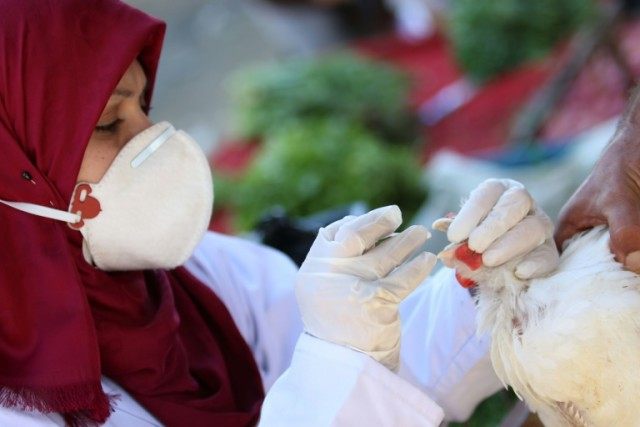Istanbul (AFP) – Turkey’s gross domestic product (GDP) grew 4.0 percent in 2015, data showed Thursday, with the economy defying a series of domestic crises to beat expectations and the previous year’s figure.
The stout growth was helped by an unexpectedly strong fourth quarter, with the economy growing 5.7 percent in the last three months from the same period a year earlier, the statistics office said in a statement.
The main drivers were strong foreign trade and an acceleration in domestic demand.
The full-year growth figure was well above the 2.9-percent reading in 2014 while the fourth quarter rating was far superior to the market consensus.
The figures are a boost for the government of President Recep Tayyip Erdogan at time when Turkey has been rocked by a series of militant attacks which are hurting its key tourist industry.
There have also been concerns over the consistency of economic policy under Erdogan and the economic fallout from a row with Russia after the shooting down of a Russian warplane on November 24.
Finance Minister Mehmet Simsek hailed the figures, saying Turkey was the fourth fastest growing economy among G20 states and was growing at double the pace of emerging economies, excluding China and India.
“This success was achieved despite a year with two general elections, geo-political tensions in our region, challenging conditions for our trade partners and volatility in global financial markets,” he told the state-run Anatolia news agency.
The reading of 5.7 percent growth in the fourth quarter was by far the best of 2015 after 3.9 percent growth was recorded in the third quarter.
“The economy continued to grow in the last quarter despite political uncertainty, tension with Russia, and rising terrorism,” said Ozgur Altug, chief economist at BGC Partners in Istanbul.
“The figures confirmed the Turkish economy’s resilience to shocks,” he added.
– ‘Hard to justify’ –
William Jackson, senior emerging markets economist at Capital Economics in London, described the fourth quarter figure as “staggering”.
“The whopping 5.7 percent rise was flattered by working day effects, but even taking this into account the economy remained extremely robust,” he said in a note to clients.
Turkey, which is a major importer of energy, was also helped by the current low oil prices.
The economic prospects for 2016 could be less certain, with tourism taking a heavy blow after a sequence of suicide attacks in Istanbul and Ankara this year blamed on jihadists and Kurdish militants.
The number of foreigners entering Turkey fell 10.3 percent in February, the Ministry of Culture and Tourism said Tuesday.
Meanwhile, investors are also concerned over stubbornly high inflation — 8.8 percent in February — and uncertainty over the direction of monetary policy when respected governor Erdem Basci’s mandate expires next month.
There are fears that Erdogan wants a more pliant figure to take the job and pursue an expansionary monetary policy to further boost short term growth.
Altug said he forecast 2016 growth to be considerably lower at three percent.
Some analysts questioned the wisdom of Turkey pruning a key interest rate last week at a time of high inflation, fretting it could be the result of government pressure.
Jackson said that the strength of the growth raised further questions about the bank’s stance.
“The strong growth figures coming alongside mounting signs of an inflation problem make the central bank’s decision to cut interest rates last week even harder to justify,” he said.

COMMENTS
Please let us know if you're having issues with commenting.